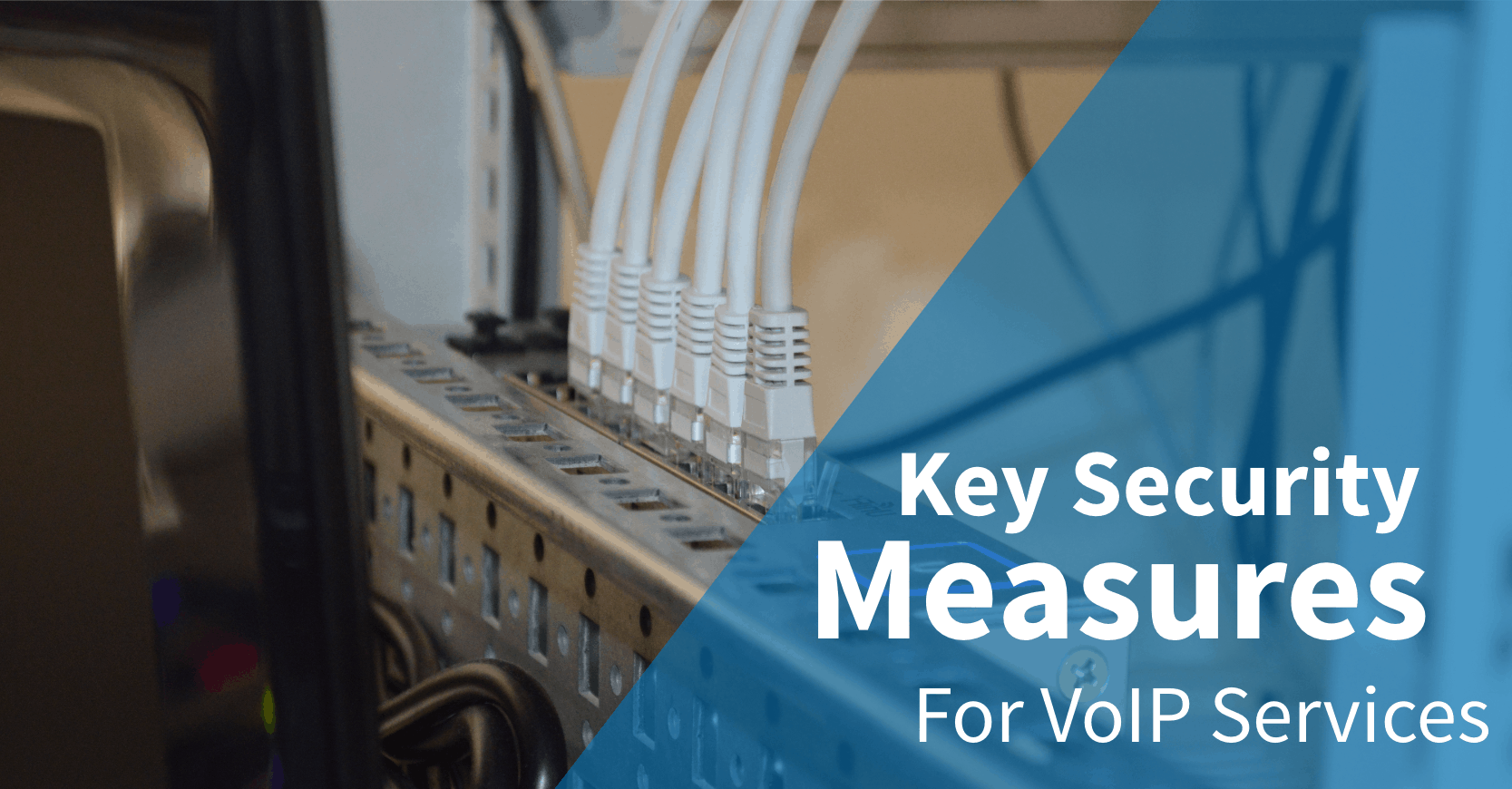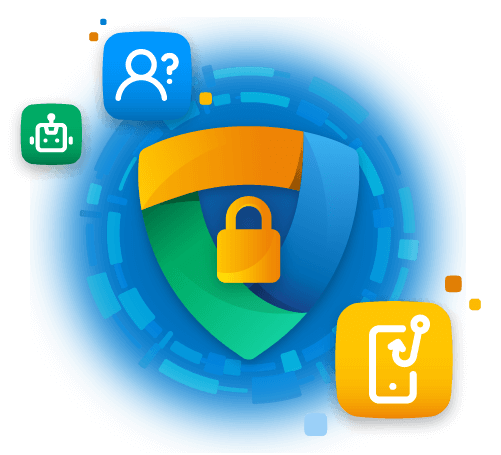7 Critical Steps to Secure Your VoIP Services

Voice over IP or VoIP systems provide full-featured telephone services over the Internet. The benefit is lower costs, greater numbers of services, increased control and cloud-based, hosted operations that minimize hardware requirements and maintenance. Traditional phone system providers handle security requirements associated with their systems. This article describes how to meet and manage the security needs of your VoIP system. The right VoIP Services provider assists you in setting up a secure and scalable environment over the public Internet.
Related: VoIP Call Routing Software
Key Security Measures for VoIP Services
Toll fraud or international toll pumping is a scheme where a fraudster hacks a business’ phone system and uses it to make hundreds or thousands of international calls usually racking up thousands of dollars in premium rate charges. Safeguards to prevent these calling schemes include and unauthorized access to your system include a mix of protocols and controls by you and your provider.
Securing your communications system is a partnership with your VoIP provider. There are tactics to implement locally on your network setup, and there are steps a provider builds into a system and into a process to secure the services and reduce the opportunity for fraud.
4 Types of Accessibility and Penetration Testing:
- Add Clustered Firewalls: Clustered firewalls extend redundancy and increase the protection of your system along with improving the overall stability of the network.
- Determine Router Configuration: Confirm that your router setup is a configuration suited to VoIP. That means that you need a business-class router optimized for VoIP and one that offers a robust Quality of Service (QoS) feature. The router should support SIP protocols as well.
- Implement Penetration Testing: Test your computer and network systems to find vulnerabilities that you can then remedy. There are programs that provide this service, such as Nessus, Open VAS, and Meta Sploit.
- Conduct Load Analysis: Intrusion prevention systems monitor the amount of sessions and close all connections that overload the set threshold. The overload indicates a DDOS attack and the closed connections prevent service degradation.
Top 7 Fraud and Security Controls:
- Analyze Traffic: Call traffic packet inspection and audits help to prevent and stop intrusions to critical business information and finances. This data is readily available in all VoIP systems–some systems require an add-on tool. Some providers perform this service on behalf of their clients.
- Monitor and Analyze Call Behavior: Constantly monitoring and reviewing call behavior pinpoints abnormal patterns or routes. Stopping abnormal call routes or channels helps manage risk of fraud.
- Set Credit Limits: The credit limit that a VoIP provider assigns serves as an additional protection to limits abuse or misuse. Typically, the provider bases the credit limits on current and historical spending and usage.
- Select Access Lists: If you have a static IP address, confirm that your provider locks down your account to prevent identity theft or scamming by authorizing access only through your IP address.
- Choose Your Call Routes: Ensure that your provider’s service allows you the flexibility to choose where to route calls. Ideally, you and your provider set up a profile where you send outbound traffic through your select routes.
- Select Your Geo Profile: Your geographical profile configures blocking from all other countries outside of your selected routes. You and your provider determine allowable geographic connections for usage and block others to secure your system.
- Establish VPN Connections: A virtual private network or VPN connection limits vulnerabilities if using strict security measures. The connection helps manage multi-office locations, securely connect remote workers, and enables the use of cloud-based technology while providing encrypted connections.
Implementing a cloud-based phone system using VoIP technology provides generous cost and operational benefits. You ensure the security and protection of your system by working in partnership with your provider to establish strong security processes and using features and protocols to protect your investment. You do not want to be a victim like the architecture firm in Atlanta, Georgia that ended up with a $166,000 phone bill.
Following the basics is also good. AVOXI invests people and technology resources to prevent breaches and mitigate toll fraud. Built on one of the largest data centers worldwide, our infrastructure embeds safety factors that assure privacy and protection to our customers.
AVOXI’s interest is in your business success. And that means protecting your data and ensuring financial security. We provide recommendations like those listed above and offer specific features that help us monitor, mitigate, and fight fraud. Additionally, AVOXI conducts compliance audits for multiple standards to address: application and interface security, data integrity, data security, data lifecycle management, data access, and identity management. It’s important to remember that security is a partnership. Work with your VoIP provider to review and assess your particular requirements and business needs.

Featured Resource
Telecom Security Toolkit
A set of free resources for detecting and preventing security risks in your communication networks and technology.